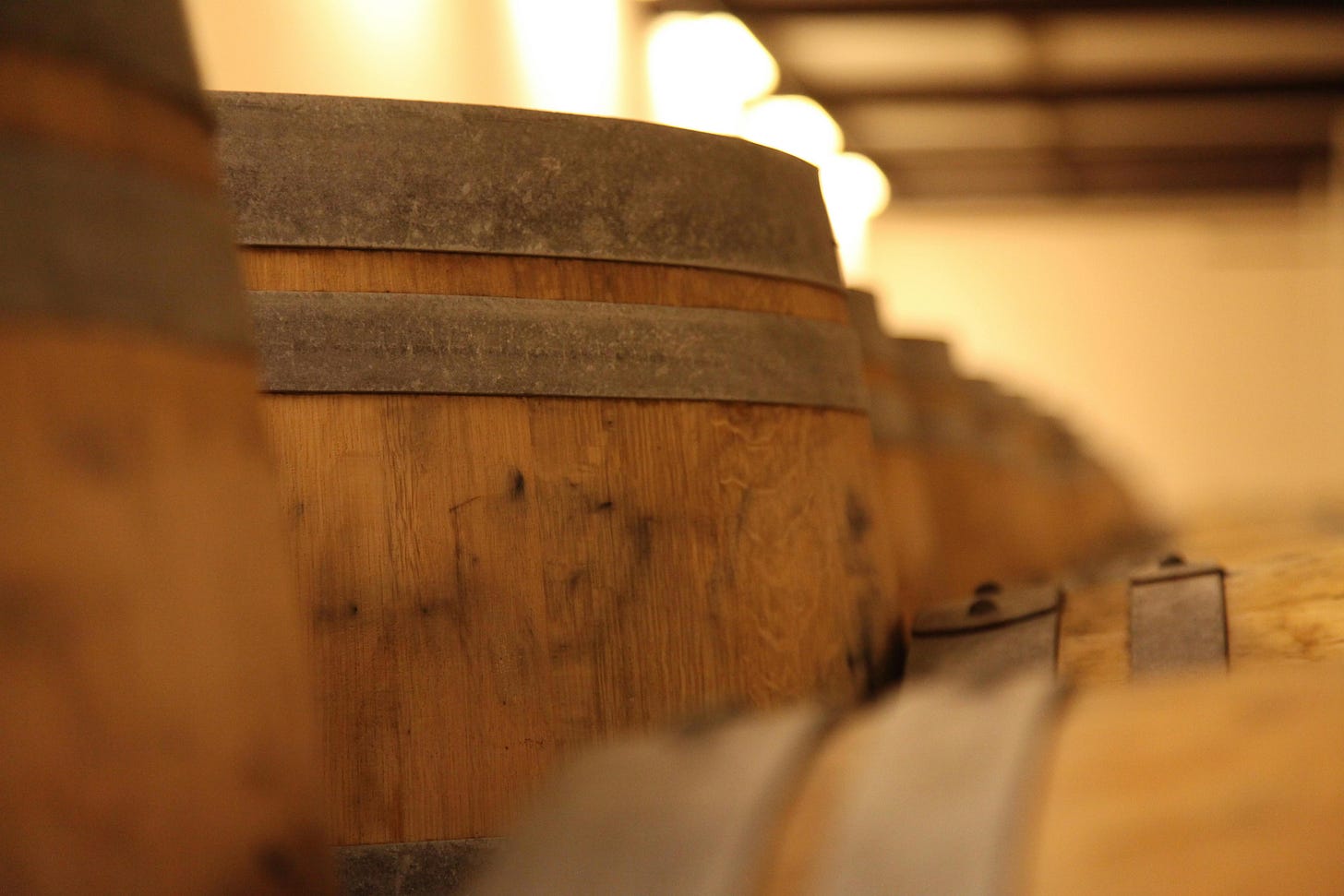Why do we value maturity so much?
Why do we treat it as the gold standard of human behavior, the measure of worthiness, the badge of success? We speak of “acting your age” as if development were linear, tidy, and measurable. As if a four-year-old having a four-year-old feeling is somehow a problem to fix rather than a truth to respect. Achieving maturity suggests a finality that does not exist in human development. No person is static, and there is no fixed measure of how a person ought to behave at any given stage.
Human development is not a race. It is not a staircase to climb one step at a time on a constant linear trajectory with some ill-defined prize at the top. And it doesn’t end when you turn 18, or 21, or 40. It continues—quietly and unevenly—across a person’s entire lifespan.
Your children are not immature versions of you. They are fully themselves, in a completely different moment of their developmental timeline. Being less mature is not being less human.
What if we honored the stage, instead of trying to fast-forward through it?
One cannot take a five-year-old whisky and magically transform it into a twenty-year-old whisky. We understand that time itself is the process and that trying to rush the process would ruin it. That part of what makes a whisky mature is that it has been allowed to become what it is meant to be.
Children are no different.
To mature is not to perform adult-like behavior at a young age. It is to come more deeply into one’s own form, in one’s own time.
And if that’s true, then the child who cries easily, who changes their mind mid-sentence, who throws their whole body into joy and rage alike, is not behind—they are right where they need to be.
And there’s no need to rush that.
Maturity does not mean superiority
It’s easy to assume that the more mature person in a relationship “knows better.” But that’s only true in some domains. A child may not understand taxes or timing or how to regulate their nervous system yet—but they know more about being a five-year-old than you do.
They know what five feels like, from the inside.
They know how the floor sounds when they jump with bare feet. They know how long the day feels when no one is listening. They know what it means to have a thought and a feeling at the exact same time, with no pause in between.
They are the experts in their own stage.
And when we forget this—when we impose adult logic or demand adult composure—we lose sight of the real work of parenting: to be in relationship with a developing human, not to shape them into a smaller version of ourselves.
Respect where someone is in their development
Every person you meet is somewhere on their path of becoming. This is just as true for a toddler as it is for a teenager, a partner, a parent, or an elder.
The respectful caregiving approaches of Pikler® and RIE® remind us that development isn’t something to manage—it’s something to witness and accompany.
Your role is not to pull your child forward, but to walk beside them, gently, attuned, present. Not because you’re trying to make them mature, but because you trust that they are becoming mature—at their own pace, in their own form.
And even then, maturity is not a fixed state. It’s not a crown to be earned. We all move in and out of maturity throughout our lives. We reach back, stretch forward, fall, and grow. We are never done.
The goal is not to grow up—it’s to grow in
The notion that maturity is a goal to be achieved is itself a flawed assumption about human nature. Maturity happens. It happens because the world outside the child exists, and social forces shape us into members of our societies. Behaviors are learned communally and socially whether we teach them or not. A caregivers goal, then, is not to lead a child to a culturally defined maturity. That will come. The goal is to be present with them as changes come. And changes come fast and constantly for children. Children do not need appropriately mature, prescribed behaviors to be taught to them as changes come. They need help integrating changes in a holistic was that helps them be with themselves—and with others—with increasing depth and grace.
And maybe children are teaching us that now. In how they live inside their bodies, in how they express feelings without apology, in how they see the world as entirely alive.
So the next time you catch yourself wishing your child would act “more mature”—pause. Is it about them—or about you? Is it about their readiness—or your comfort?
Because the only way to get a 20-year-old whisky is to let it sit for 20 years.
You cannot rush what needs time.
You cannot force what needs space.
You cannot hurry a child into being someone they’re not yet meant to be.
But you can meet them—right here, right now—and honor the stage they’re in as enough.





